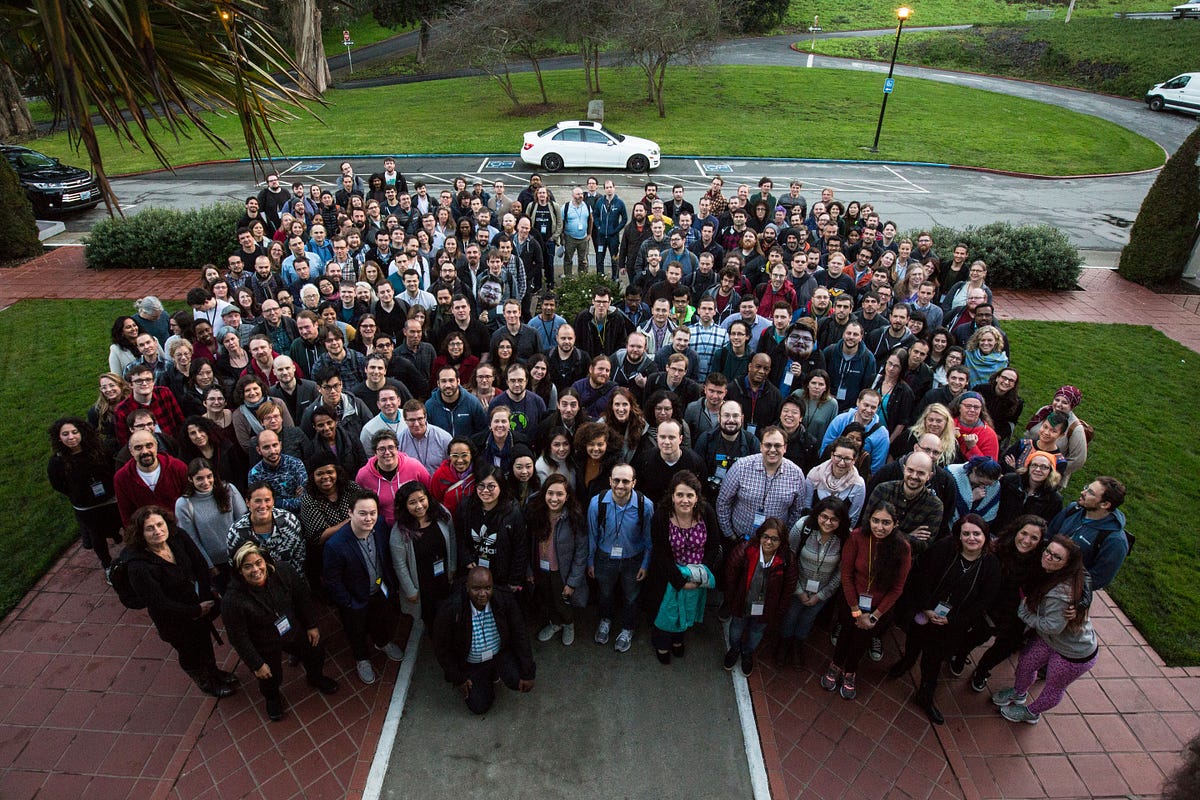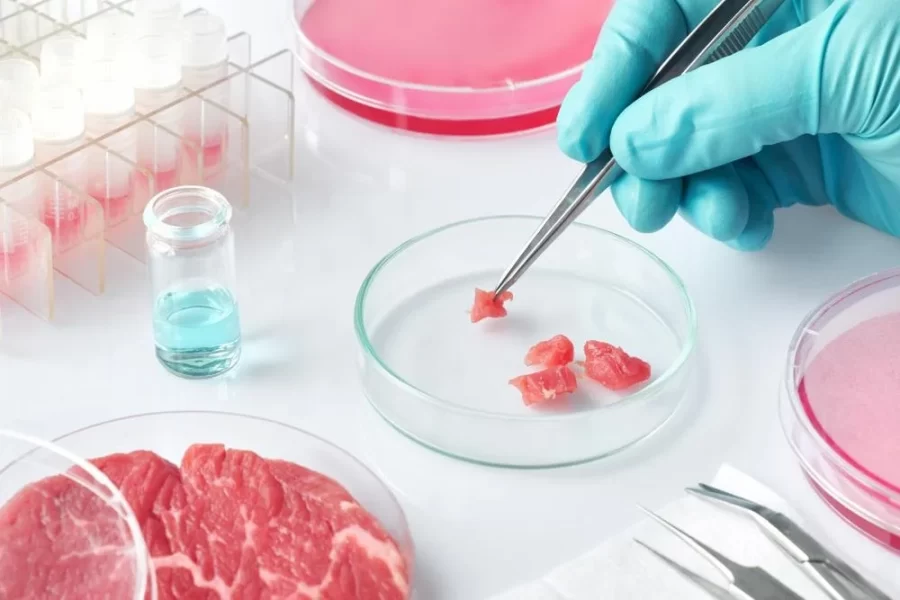Lab-Grown Meat is No Longer Science Fiction
Scientists are creating edible chicken meat by using stem cells from chickens.
December 14, 2022
The FDA has just approved lab-grown meat made from stem cells for consumption.
Cardiologist Dr. Uma Valeti had the idea to grow meat using the stem cells of animals in the same way that stem cells can repair a human heart. To take on this challenge, he founded Upside Foods to harness the stem cells of chickens to grow chicken meat.
The cells are biopsied from live chickens, placed in tanks, fed a nutrient mixture and left to multiply. Stem cells start as undifferentiated, meaning they do not yet have a specialized purpose in the body. Chemical signals like hormones can be added to the stem cells, forcing them to differentiate into muscle or tissue. The multiplying cells create lab-grown meat genetically identical to meat harvested from chickens.
Growing food from cells could reduce the environmental impact of the meat industry, lessen animal suffering,and help combat world hunger. Raising animals takes up space for grazing and creates a large carbon footprint. Additionally, no animals are slaughtered to procure stem cells. Upside Foods estimates that its process uses 77% less water and 62% less land than the conventional process. Removing these variables allow a much larger quantity of food to be produced in a much shorter time.
A Senior Communications Associate for Upside Foods claims their chicken “has fewer calories and lower fat than an average piece of conventionally-produced chicken.” So while this option isn’t vegetarian like meat substitutes, it may have a higher nutritional value than regular chicken. Creating meat in a lab also means that it has the potential to contain fewer additives and antibiotics.
The USDA still needs to inspect the cell-based chicken made by Upside Foods, however the FDA has given the concept of lab-grown meat the green light. We are not far from seeing lab-grown meat on our supermarket shelves.



















